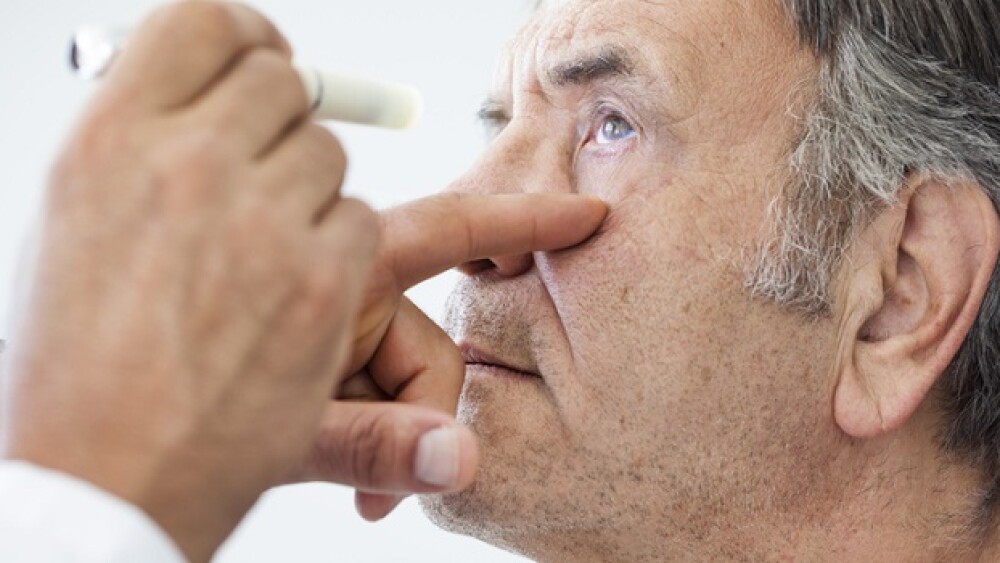Tarsus announced positive topline data from its Phase III clinical trial of TP-03 Demodex blepharitis, along with the commencement of an underwritten public offering of $50 million of shares of its common stock.
Tarsus Pharmaceuticals is hitting its stride with fundraising and positive results from its Phase III trial of TP-03, an investigational new therapeutic designed to resolve the symptoms of Demodex blepharitis, an inflammatory eye condition caused by mites. The company is poised to advance its pipeline which covers other infectious diseases.
On Monday morning, Tarsus announced the commencement of an underwritten public offering of $50 million of shares of its common stock. Following this announcement, the company’s stock dropped more than 23% on Monday afternoon.
Underwriters are expected to be granted a 30-day option to purchase an additional 15% of the shares of its common stock. Although Tarsus has not commented on what the funds will be used for, it is likely that the company is gearing up for its multiple clinical trials of TP-03 planned for 2022, as well as its submission to the U.S. Food and Drug Administration. In February, Tarsus secured a $175 million credit facility with Hercules Capital and Silicon Valley Bank.
The company announced positive topline data from its Phase III clinical trial of TP-03 in the treatment of Demodex blepharitis. Demodex blepharitis is a disease of the eyelid, causing inflammation and ocular irritation, that is caused by an infestation of Demodex mites, the most common ectoparasite found on humans.
TP-03 is an anti-parasitic eyedrop that paralyzes and eradicates the mite infestation. The twice-a-day, six-week treatment met its primary endpoint of complete collarette cure, which is measured by the amount of debris found in eyelash follicles that irritate the eye. 56% of patients met the primary endpoint and 89% of patients achieved a significant, clinically meaningful collarette cure defined by a collarette grade of zero or one.
Additionally, the eyedrop met key secondary endpoints of mite eradication in 52% of patients, complete lid erythema cure in 31% of patients and complete composite cure in 19% of patients. Tarsus will move forward with submitting a New Drug Application (NDA) to the FDA in the second half of 2022. If approved, TP-03 would become the first drug intended to treat Demodex blepharitis, which is estimated to affect as many as 25 million Americans.
“The high statistical significance and clinically meaningful outcomes in Saturn-2 and Saturn-1 demonstrate the impressive ability of TP-03 to resolve Demodex blepharitis, a disease that has long been without an effective, safe treatment option,” Elizabeth Yeu, M.D., director and chief medical advisor for Tarsus said in a statement. “We know that this disease has a significant impact on patients’ vision and their daily life, and that they often struggle for years without relief. I am thrilled at the prospect of having TP-03 potentially available in the near future.”
TP-03 is also slated to be investigated for Meibomian Gland Disease (MGD), a condition in which oil glands that line the margin of the eyelids do not secrete enough oil. Phase II trials for MGD are anticipated to be initiated in the first half of 2022.
Beyond TP-03, Tarsus is also developing TP-05, a non-vaccine potential therapeutic for the prevention of Lyme Disease, a vector-borne disease caused by bites from infected ticks. Phase Ib clinical trial data is anticipated to be shared by the company in the second half of 2022.





